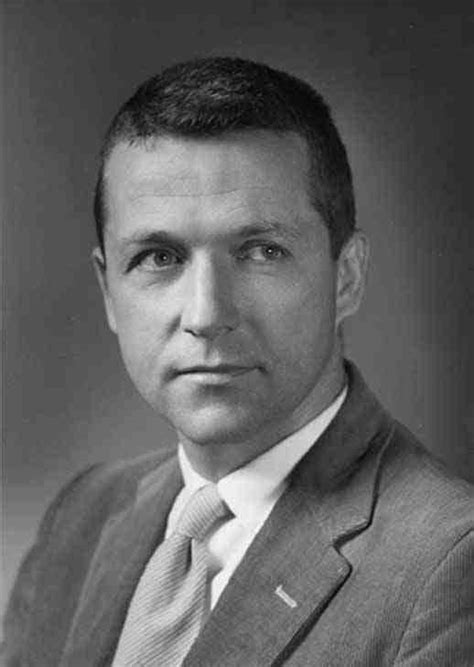A Quote by Douglas Adams
There are two things in particular that it [the computer industry] failed to foresee: one was the coming of the Internet(...); the other was the fact that the century would end.
Related Quotes
In the 20th century, we had a century where at the beginning of the century, most of the world was agricultural and industry was very primitive. At the end of that century, we had men in orbit, we had been to the moon, we had people with cell phones and colour televisions and the Internet and amazing medical technology of all kinds.
The best thing that happened from that situation when I failed was the fact that I failed and I failed because I was trying to do things that I don't like to do. I like to make movies and I like the creative process. I don't really care about the business end of it. It's not my thing. So I was all of sudden totally immersed in the business end of it and dealing with human resources, lawyers, and accountants, and so on. It wasn't for me.
In regard to propaganda the early advocates of universal literacy and a free press envisaged only two possibilities: the propaganda might be true, or the propaganda might be false. They did not foresee what in fact has happened, above all in our Western capitalist democracies - the development of a vast mass communications industry, concerned in the main neither with the true nor the false, but with the unreal, the more or less totally irrelevant. In a word, they failed to take into account man's almost infinite appetite for distractions.
Many of the things that have happened in the laboratory have happened in ways it would have been impossible to foresee, but not impossible to plan for in a sense. I do not think Dr. Whitney deliberately plans his serendipity but he is built that way; he has the art-an instinctive way of preparing himself by his curiosity and by his interest in people and in all kinds of things and in nature, so that the things he learns react on one another and thereby accomplish things that would be impossible to foresee and plan.




































